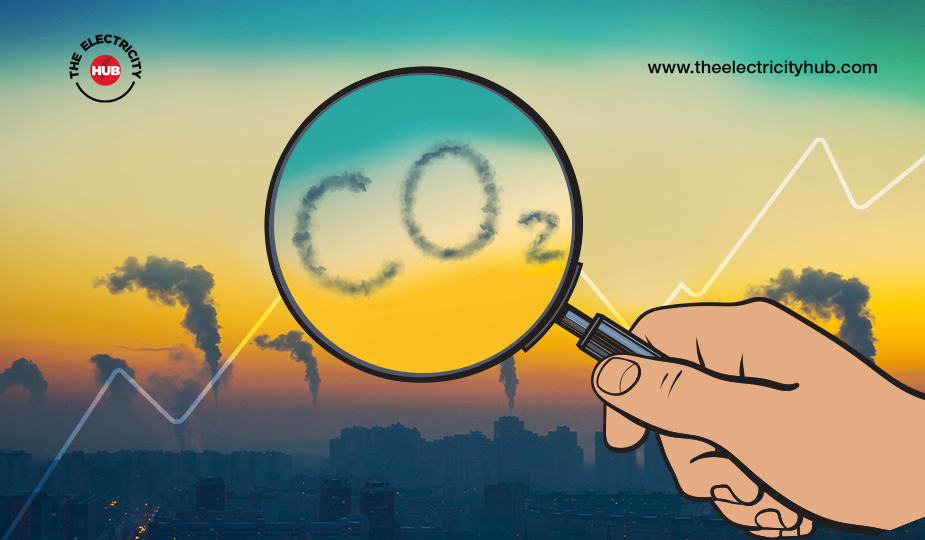
As the fight against climate change intensifies, Clean Development Mechanisms (CDMs) and robust carbon footprint analyses have become crucial tools for nations striving to reduce emissions. This paper provides an overview of the concepts of CDMs and carbon footprint analysis, with a specific focus on Nigeria. We explore the potential benefits, challenges, and opportunities for Nigeria in its journey towards sustainability.
CDMs are projects implemented in developing countries to reduce greenhouse gas emissions while promoting sustainable development. They operate under the Kyoto Protocol, assisting developing nations in achieving their sustainable development goals while helping developed countries meet emission reduction targets. Nigeria, being a developing nation with a growing population and expanding industries, faces significant challenges in reducing its carbon footprint. However, the country also possesses tremendous potential for sustainable development through effective CDM implementation.
Nigeria’s energy sector, primarily reliant on fossil fuels, presents a significant opportunity for clean energy interventions. Implementing CDMs in Nigeria could involve renewable energy projects (such as solar, wind, and hydro), waste management schemes, and energy efficiency initiatives. By embracing these measures, Nigeria can mitigate its carbon emissions and contribute to global climate goals. Moreover, by transitioning to cleaner energy sources, Nigeria could enhance local air quality, improve public health, and foster economic growth and job creation within sustainable sectors.
Implementing CDMs in Nigeria offers several notable benefits. First, it enables Nigeria to reduce its carbon emissions, thereby contributing to global climate change mitigation efforts. Secondly, collaboration with developed countries on CDM projects facilitates technology transfer, enabling Nigeria to access innovative clean technologies and stimulate economic growth. In addition, CDMs can create employment opportunities within renewable energy industries, waste management sectors, and energy-efficient infrastructure development, supporting the local economy. Lastly, participation in CDMs grants Nigeria access to financial support and investment for sustainable development projects that may not otherwise be available.
Nigeria must tackle various challenges to successfully implement CDMs. It requires establishing robust policies and regulatory frameworks that incentivize CDM adoption, streamline project approval processes, and offer financial incentives. Building technical capacity in monitoring, reporting, and verifying emission reductions is another crucial aspect. Additionally, financing CDM projects remains a significant obstacle, necessitating the exploration of innovative mechanisms such as public-private partnerships, international climate funds, and green bonds. Public awareness and engagement are equally important, as education campaigns can foster understanding and support for sustainable practices among local communities.
Conducting a comprehensive carbon footprint analysis is vital for effective emission reduction strategies. Nigeria’s analysis must consider emissions from energy generation, transportation, industries, waste management, and deforestation. This assessment helps identify key areas for mitigation and enables policymakers to develop targeted strategies, aligning Nigeria’s efforts with global climate objectives.
Clean Development Mechanisms and carbon footprint analysis play pivotal roles in Nigeria’s pursuit of a sustainable future. Through the adoption of clean technologies, investment in renewable energy, and implementation of effective policies, Nigeria can reduce its carbon emissions while promoting economic growth and inspiring other developing nations to embrace sustainability. Together, we can pave the way towards a greener, more resilient planet.